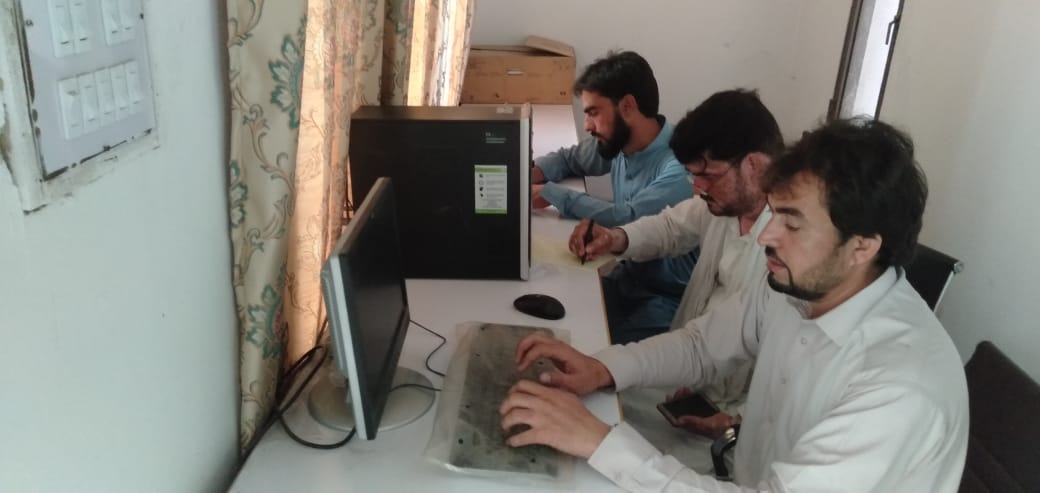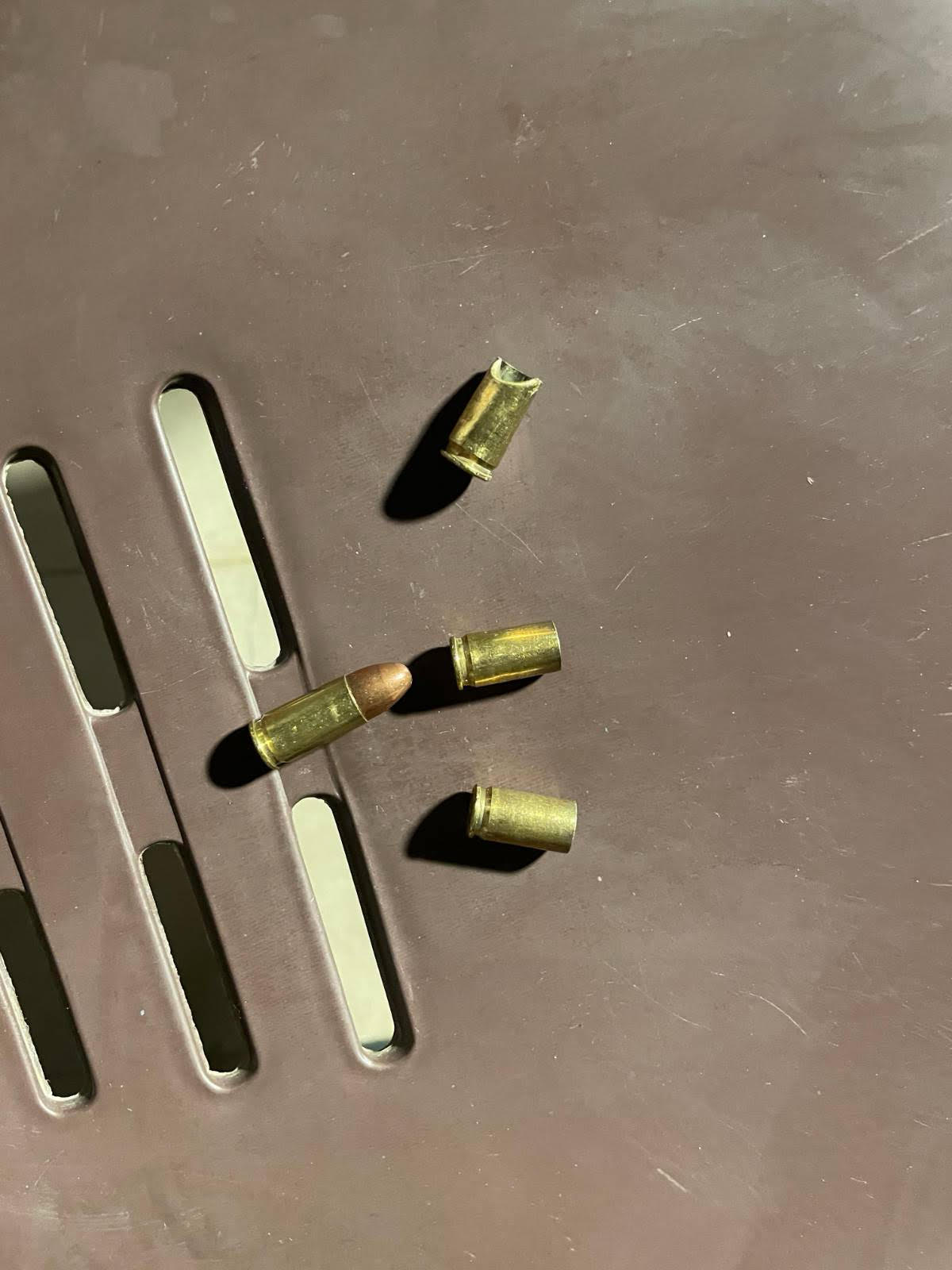Ibrahim Shinwari
“Almost six months have gone past since the extension of judicial system to the seven newly merged tribal districts in March this year but none of the tribal journalist, over 400 in total have so far filed any story on the court proceedings from the region due to lack of particular knowledge about court reporting,” said Anwaarullah Khan who is reporting for an English daily from Bajaur tribal district.
He said that lack of knowledge about court proceedings and police system were the main deficiencies every tribal journalist was faced with now as they had never acquired the skills required for the said purpose nor had any media or government/non government organizations imparted them any training to fulfill these responsibilities prior to the tribal areas merger with Khyber Pakhtunkhwa.
Mr. Khan was of the opinion that most of his colleagues in the media field were well acquainted with reporting on tribal customs and traditions along with matters pertaining to the working of erstwhile political administrations before the passage of 25th constitutional amendment which legalized the tribal region’s merger with Khyber Pakhtunkhwa but they were now faced with skills decificiency in regards to working on a particular ‘beat’ like police and court reporting.
Ha lamented that tribal journalists had not yet come out of their ‘primitive’ mindset as they were finding it difficult to report on issues pertain to legal proceedings, working of police stations and economy.
Supplementing the argument regarding tribal journalists lack of capacity in coping with the changed situation, Qazi Fazllulah, correspondent of a private television channel in Khyber tribal district said still most tribal journalists hold the deputy commissioner of a tribal district responsible for his failure to nab a culprit involved in a criminal case or initiating an enquiry against him despite the fact that the DC’s powers were now restricted only to administrative affairs with the tribal police now working under the command of District Police Officer (DPO) who operate independently of the deputy commissioner.
He conceded that majority of the tribal journalists were not fully aware of various sections of law nor were they given any detailed information or briefing about the policing system which was now in place in all the new tribal districts.
Court officials in Orakzai tribal only recently claimed in a press statement that they the local court had successfully disposed off all the cases placed before it since March this year. “Unfortunately none of the journalist in Orakzai was able to authenticate the claim as they are unaware about the pattern of court reporting”, Qazi Fazllulah argued.
Anwaarullah Khan, the journalist from Bajaur contented that tribal journalists were reluctant to visit courts and police stations for news coverage as they feel seriously handicapped in reporting on matters which had never been taught to them.
Shams Mohmand, a senior journalist from Mohmand tribal district, said use of technical and specific terminologies for court proceedings and police related stories had rendered the local journalists incapable of fulfilling their professional responsibilities. “Cases of criminal and civil nature requires specialize handling while doing a story for a media organization”, he added.
He said fear of contempt of court was another reason that tribal journalists were not taking any risk by ‘venturing’ into a new field with little or no knowledge of it.
Shams Mohmand said the tribal journalists still continue with their ‘run of the mill’ type of news stories and these stories were mostly devoid of factual data for they mostly rely of generalized information. “Adding relevant data to a particular story along with use of appropriate terminologies make a news story more powerful and readable”, he argued.
He said the new local government system to be introduced in the tribal districts would pose a new challenge to local journalists as they had never reported on the functioning of an elected house. “Unfortunately tribal journalists knowledge about the local bodies system is confined only to the holding of elections and they are not aware about the powers and functions of the members of a local government”, he added.
Tribal journalists now strongly demand specialized training in reporting on all the issues which had recently emerged in their regions.
Qazi Fazllulah of Khyber district believe that it was the responsibility of provincial information ministry to arrange skills development training workshops for all the tribal journalists while Shams Mohmand demanded of the local press clubs to play a proactive role in arranging such training sessions in collaboration with both government and nongovernmental media organizations.
Anwaarullah Khan said that new organizations, both print and electronic shall also shoulders the responsibility of ‘equipping’ their local correspondents with knowledge of technical reporting on court proceeding, working of police and the local government system with special emphasis on follow up stories.
Tribal Journalists Need Capacity Building To Cope With Post-Reform Challenges
- October 10, 2019
- 11:28 am
- No Comments
More from the News section
July 26, 2023
No Comments
June 20, 2023
2 Comments
March 21, 2023
No Comments
August 30, 2022
No Comments
August 30, 2022
No Comments

Resize text-+=
